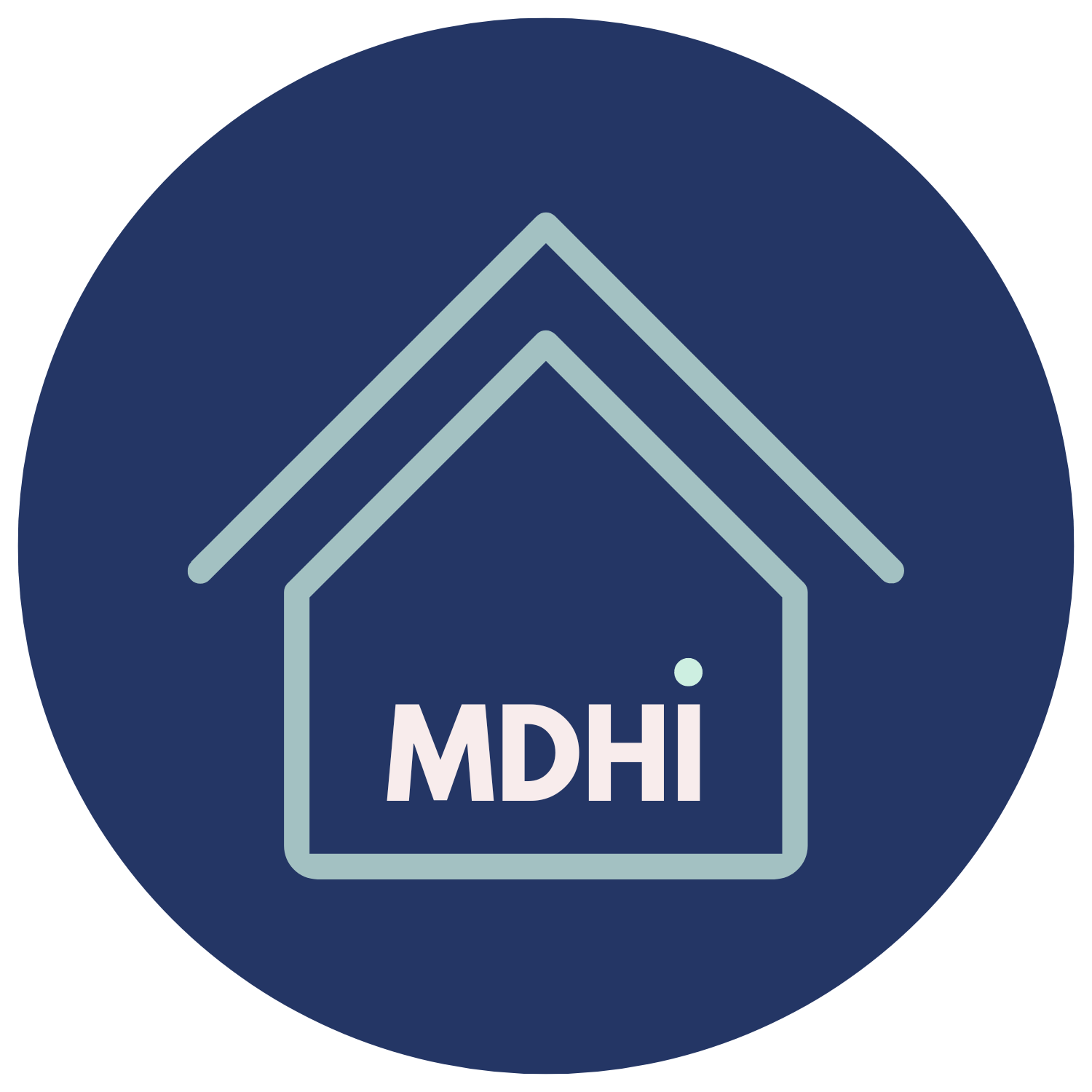A client-centered approach to housing the most vulnerable in our community.
Coordinated Entry Stystem
OneHome is the Coordinated Entry System for the Metro Denver region. Coordinated Entry is a client-centered process that partners with service providers and community members to assess and identify the housing needs of people experiencing homelessness. OneHome Coordinated Entry matches individuals, youth, and families to the appropriate housing resources available while elevating client choice.
-
OneHome utilizes the Coordinated Entry Standard Assessment to assess an individual's level of vulnerability at locations throughout the seven-county region.
We recommend that Assessors work on ordering vital documents for their clients and help them apply to external housing resources regardless of whether or not they are prioritized.
-
Data collected in the CE assessment is used to prioritize the most vulnerable households to available housing resources. Prioritization is informed by data and community feedback and is assessed regularly for equity.
You can find our updated prioritization at the bottom of this page.
-
After a household is prioritized, they work with case managers and partner organizations to navigate housing resources and additional support as needed. Case Conferencing meetings occur monthly for differing populations including families, young adults, and single adults.
Please email contact@onehomeco.org to be invited to case conferencing and specify what population you work alongside.
-
Prioritized households are matched to housing opportunities in the community based on availability, client preferences, and program requirements.
-
OneHome safely manages client-specific data collected by community partners to inform process improvement, generate housing matches, and track client outcomes.
If you have questions about HMIS, custom reporting, or other data use, please contact HMIShelp@mdhi.org
-
Coordinated Entry End User
“In the last year, things have gotten way better, feedback has been incorporated, action, changes have been made, whatever’s happening has been great, appreciated, organized, communication is amazing, resources are being incorporated."
Coordinated Entry End User
“I’ve had a very good experience with MDHI this year. Appreciate the constant process improvement, which could be helpful for people trying to access VI-SPDAT in the community”
Prioritization
Due to limited resources, not all households who have been assessed through OneHome will be referred to housing. OneHome uses vulnerability factors to prioritize and refer clients to available housing. Vulnerability factors are population specific and include disabling conditions that impact their ability to obtain/maintain housing, fleeing or experiences of domestic violence, systems involvement, and length of time homeless. Prioritization is dynamic, meaning that the number of clients prioritized for housing is dependent on who is in the system that meets the prioritization factors and how many available resources there are that month. It is not a waitlist. OneHome prioritization was last updated in 2021. OneHome continues to monitor prioritization for equitable outcomes and process improvement.
-
Lost Housing due to Violence or Unhealthy Relationships (45%)
Systems Involvement (40%)
3 or more disabling conditions that affect the ability to attain/maintain housing (TBI, developmental disability, mental health, substance use disorder, chronic health condition, physical disability, etc.) (10%)
Length of Time Homeless (5%)
-
Individuals who have experienced 36 or more months of homelessness in their lifetime are prioritized for Permanent Supportive Housing (PSH) and individuals who have experienced less than 36 months of homelessness are prioritized for Rapid Rehousing (RRH).
3 or more disabling conditions that affect the ability to attain/maintain housing (TBI, developmental disability, mental health, substance use disorder, chronic health condition, physical disability, etc.)
Systems involvement
Currently fleeing Domestic Violence
Length of time homeless
-
Households with more than 12 months of homelessness and a documented disabling condition will be referred to Permanent Supportive Housing and households with less than 12 months of literal homelessness will be referred to Rapid Rehousing.
Households fleeing DV (Ordered by age of youngest child and then length of time homeless)
Households who have experienced DV (Ordered by age of youngest child and then length of time homeless)
Three or more disabling conditions that affect the ability to attain/maintain housing (TBI, developmental disability, mental health, substance use disorder, chronic health condition, physical disability, etc.) Ordered by age of youngest child and then length of time homeless
New Monthly Community Meeting - Coming Soon!
Impact Reports
Learn more about the impact of Metro Denver’s Coordinated Entry System.
HMIS Helpdesk
Please visit the COHMIS HelpDesk for all questions related to HMIS. You can submit a ticket, review the user guide, check answers to FAQs, review the privacy notice and other policy documents, download the most recent HMIS forms, and more.



